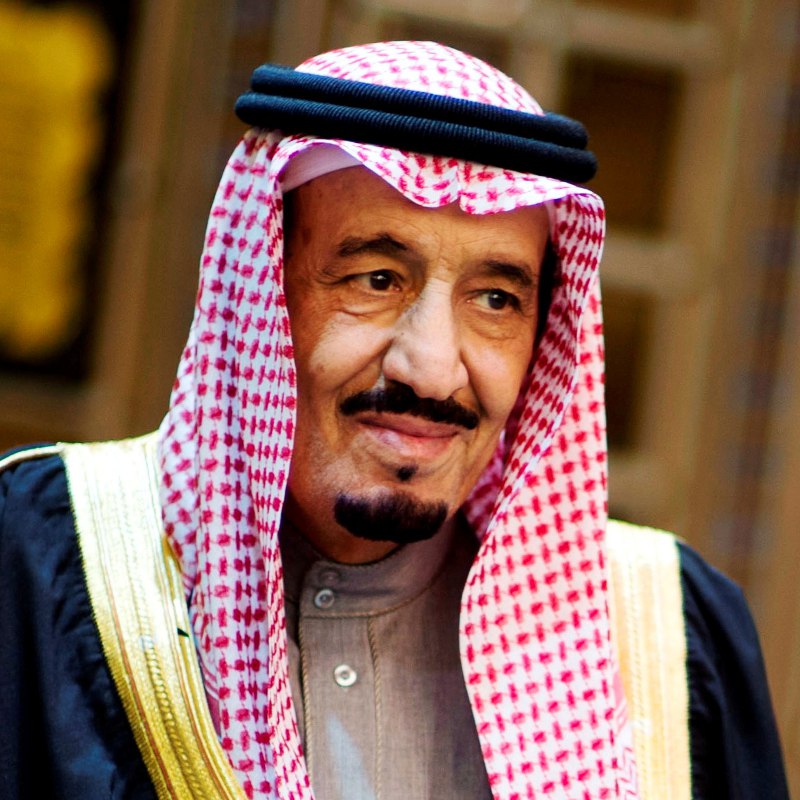King Abdullah of Saudi Arabia, who died in January, had effectively ruled Saudi Arabia since 1996, having acted as regent after his predecessor, King Fahd, suffered a stroke, before succeeding him as king in 2005. During that time he introduced some tentative reforms in this very conservative absolute monarchy, such as extending education and granting limited new rights for women, but basically continued the status quo, despite a rising tide of suppressed protest and overt terrorist attacks from within the country, and increasing political tension and sectarianism in the surrounding region.
So what can we expect from his successor, his half-brother, 79-year-old Prince Salman bin Abdulaziz Al Saud, who has been Crown Prince since 2012 and defence minister since 2011. So far, it looks like little change: Salman has been standing in for the ailing King Abdullah in cabinet meetings and hosting foreign dignitaries, so transition to his rule should be smooth. On accession he vowed to continue the path set out by his father, King Abdulaziz, the founder of modern Saudi Arabia, and major change seems unlikely under his rule, as he is believed not to be supportive even of his brother’s very cautious reforms. He has been quoted as saying that democracy was not possible in the Kingdom, as “every tribe would be a party and then we would be like Iraq and would have chaos.”
What affect will this change of leadership in the country which is the largest exporter of total petroleum liquids in the world have on the world oil market, especially when considering that the new King once headed the country’s petroleum committee? Oil prices briefly surged on the announcement of the old King’s death, amid speculation that there could be a change in the country’s policy of maintaining production despite rising non-OPEC production, but fell back again when the new king stated that he would retain Ali Naimi as oil minister, indicating that there would be no immediate change in strategy.
Changing Dynamics
 King Salman bin Abdulaziz Al Saud (born 31 December 1935).In fact, it has been reported that the Kingdom is now pumping 9.8 MMbopd of oil, around 300,000 barrels over its OPEC quota, in what is assumed to be a bid to take back market share from non-OPEC producers like Russia and the US unconventional drillers. Many analysts expect the market to go low enough for marginal producers to drop out, but the interesting move will be when the Saudis or their OPEC partners decide it is time to cut production and let prices rise, and there is little indication of that at the moment.
King Salman bin Abdulaziz Al Saud (born 31 December 1935).In fact, it has been reported that the Kingdom is now pumping 9.8 MMbopd of oil, around 300,000 barrels over its OPEC quota, in what is assumed to be a bid to take back market share from non-OPEC producers like Russia and the US unconventional drillers. Many analysts expect the market to go low enough for marginal producers to drop out, but the interesting move will be when the Saudis or their OPEC partners decide it is time to cut production and let prices rise, and there is little indication of that at the moment.
The decision to keep producing despite the low price of oil means that, according to the IMF, Saudi Arabia and its fellow Gulf Arab producers are set to lose a collective $300 billion in oil export revenues this year, and while these wealthy states have large financial reserve buffers, the situation cannot continue indefinitely without a trickle-down effect on the region, both economically and politically.
As the US moves nearer to energy self-sufficiency and to becoming a net exporter of hydrocarbon products, thanks to unconventional production, an interesting factor in this situation is its position as major friend and supporter of Saudi Arabia. For years, America needed the Saudis and their oil, but the dynamics have changed. Given the upheavals and instability of many of the countries surrounding Saudi Arabia, the see-saw of reliance may be tipping the other way.
Jostling for Position
However, there are some indications that the status quo may not continue for long. Ali Naimi is almost 80 years of age and has expressed a desire to leave the post of oil minister, which may well lead to changes in policy, depending who takes over the position. Traditionally, the oil minister has always been a commoner, but the deputy at the moment is Prince Abdulaziz bin Salman, son of the new king, so that may signal a change.
Since the death of Abdelaziz Ibn Saud, all the country’s kings have been his sons and, following this tradition, King Salman has declared his half-brother, 69- year-old Prince Muqrin, to be his heir. However, he is thought to be the last of Ibn Saud’s sons capable of becoming ruler, which possibly creates a major threat to the stability of the Kingdom. A power struggle among the hundreds of Ibn Saud’s direct descendants could be a catalyst for the boiling over of the political, religious and social issues which are kept suppressed by a despotic intolerance of any dissent. Sunni, Shia and Wahabi tensions; rising youth unemployment; women’s rights – or the lack thereof; freedom of speech; summary justice and public floggings and executions: all these coupled with potential internal power struggles and external instability and conflict give one cause to ponder the long term future of the country.
The game of ‘who blinks first’ between the wealthy OPEC Gulf states and the rest of the world’s oil producers before market forces come into play could have some very interesting consequences.



